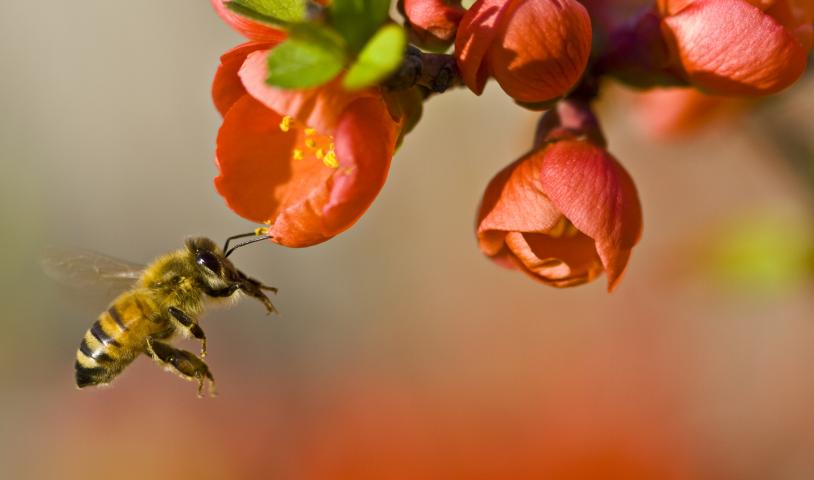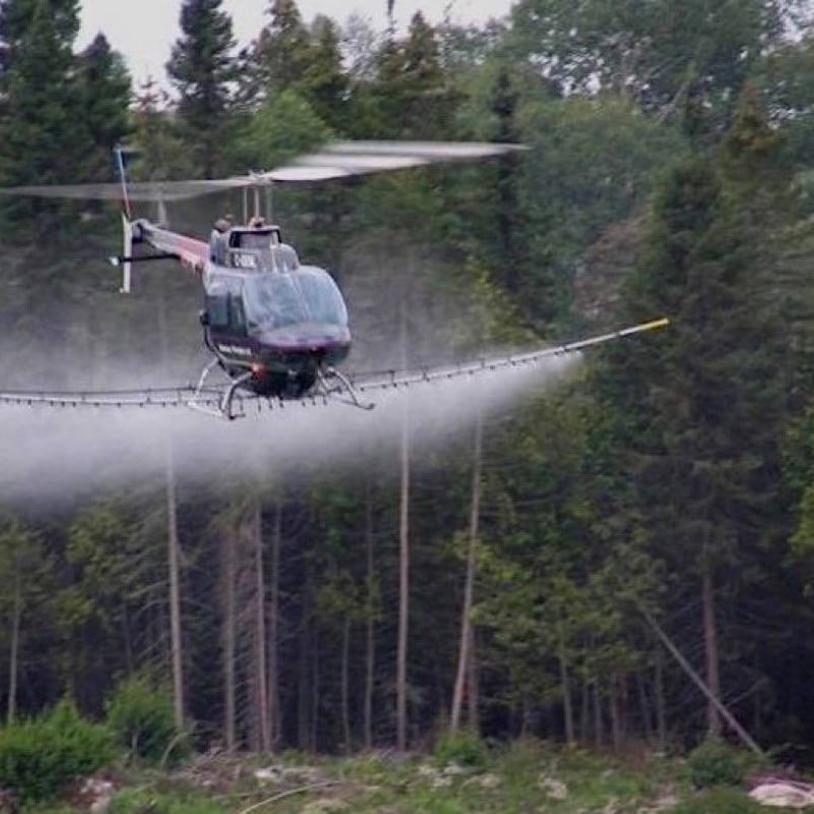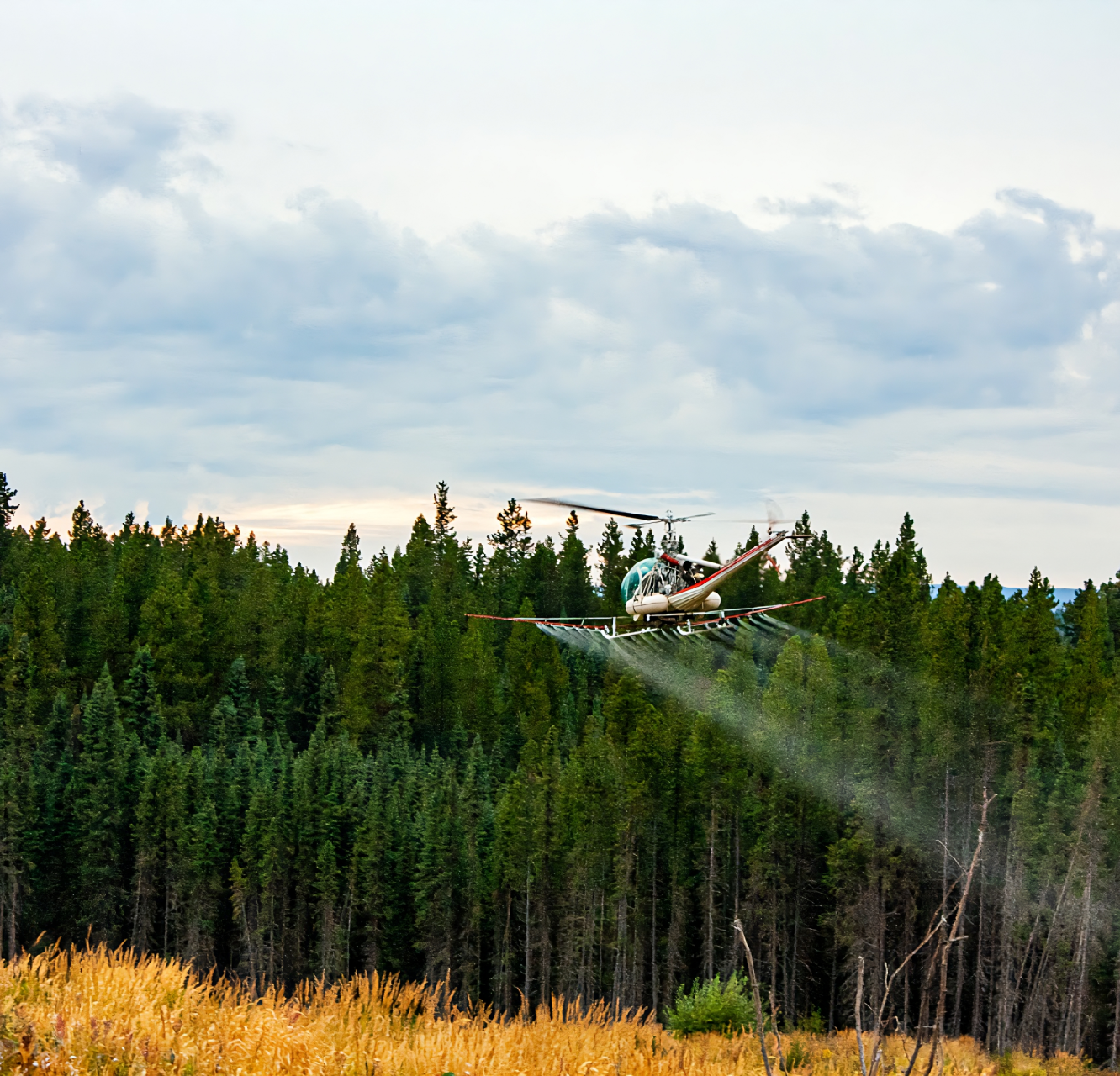Day of the Honey Bee Buzzing Sunday
Friday, June 3, 2016
In anticipation of Day of the Honey Bee on Sunday May 29, the Wilderness Committee is calling for a provincial ban on the pesticides widely implicated in bee declines. First introduced in the 1990s, neonicotinoids (neonics) are now the most widely used class of pesticides in the world and are commonly applied to BC crops including cherries, blueberries, apples and corn.
“Our bees and wild pollinators are under pressure which is why we are calling for neonics to be banned in BC and right across Canada,” said Gwen Barlee, policy director with the Wilderness Committee. “Science has proven that neonics are very toxic to bees in tiny doses, and if we value bees, wild pollinators, and the food they produce we will ban the pesticides that are indiscriminately killing them.”
Neonics are potent neurotoxins which can paralyze and kill bees in very small doses. Known as “systemic” pesticides, neonics are absorbed into the tissues of the plant including leaves, stems, nectar and pollen. Designed to kill chewing pest insects, neonics are also toxic to beneficial insects such as honeybees and wild pollinators.
In addition to outright mortality at lower doses, neonics also cause serious sub-lethal impacts to bees. These include impaired memory and learning, disorientation and difficulties returning to the hive, reduced resistance to disease, and lower breeding success.
“Our bees are at risk and there is no question that pesticide use and habitat loss are affecting bee health,” said Fiona Gold, Vice President of the Richmond Beekeepers Association. “To help bees and wild pollinators, keep a corner of your garden wild and build an insect hotel with the kids. Find an organic gardening mentor. There are also positive alternatives to combat chafer beetles other than the use of neonics. Remove your grass and plant micro-clover or use nematodes which can be found at your local garden centre. There are many alternatives to using these deadly systemic pesticides.”
The Day of the Honey Bee was started by beekeeper Clint Ekdahl in Saskatchewan in 2009 to draw attention to the plight of honey bees. The Day of the Honeybee is now celebrated in BC, Saskatchewan, Manitoba, and over 100 municipalities across Canada. For two decades bees in Canada and across the globe have experienced startling “die-offs.” One beekeeper in Ottawa lost an estimated 37 million bees in 2013 after nearby fields were planted with neonic-coated seeds.
“We are celebrating bees today for all the right reasons,” said Barlee. “Bees pollinate our crops, help the natural world thrive and are responsible for one out of every three bites we eat, so protecting them from this deadly class of pesticides is one of the best things we can do.”
Read the original story here





